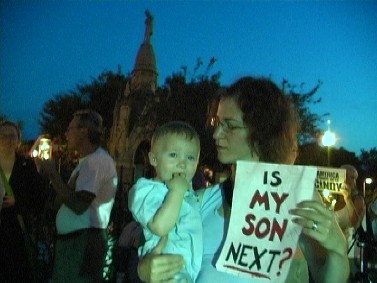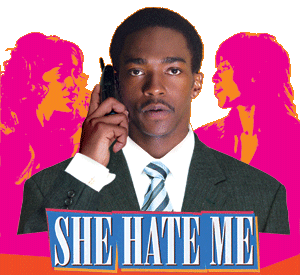Panel Chairman Leaves Hearing
After repeated criticism of the Bush administration, the Republican chairman of the House Judiciary Committee yesterday gaveled a hearing to a close and walked out while Democrats continued to testify -- but with their microphones shut off.
 The hearing's announced topic was the USA Patriot Act, which granted broad new powers to federal law enforcement after the attacks of Sept. 11, 2001. The Republicans had presented several witnesses at earlier hearings who supported the administration's call for reauthorizing the legislation. But yesterday, when four witnesses handpicked by the Democrats launched into a broad denunciations of President Bush's war on terrorism and the condition of detainees at the U.S. prison at Guantanamo Bay, Cuba, Chairman F. James Sensenbrenner Jr. (R-Wis.) (Photo) showed his pique.
The hearing's announced topic was the USA Patriot Act, which granted broad new powers to federal law enforcement after the attacks of Sept. 11, 2001. The Republicans had presented several witnesses at earlier hearings who supported the administration's call for reauthorizing the legislation. But yesterday, when four witnesses handpicked by the Democrats launched into a broad denunciations of President Bush's war on terrorism and the condition of detainees at the U.S. prison at Guantanamo Bay, Cuba, Chairman F. James Sensenbrenner Jr. (R-Wis.) (Photo) showed his pique.
C-SPAN2 (Available Now: Video - Entire House Hearing) continued televising the proceedings for six minutes after Sensenbrenner had departed, with lettering on the screen explaining the strange circumstances.
One of the witnesses then began giving impromptu testimony. James J. Zogby, president of the Arab American Institute, said he thought the turn of events was "totally inappropriate -- no mike on, and no record being kept."

By Mike Allen
Washington Post Staff Writer

 Song for Cindy Sheehan Video
Song for Cindy Sheehan Video




































 Madeleine BAROUKHEL-MOUREAU
Madeleine BAROUKHEL-MOUREAU 



























